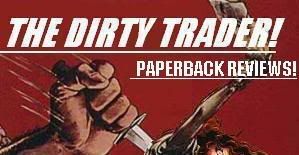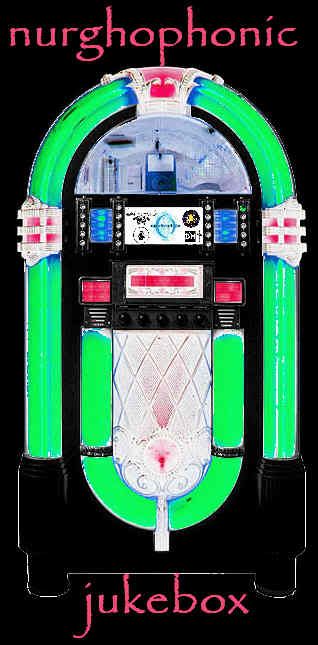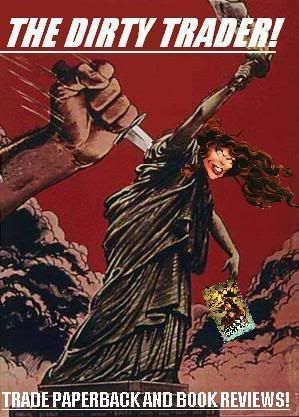Despite lasting only three years, a lot of readers from my generation have a sentimental attachment to the New Universe, so Marvel celebrated its 20th anniversary with a series of one-shot specials set in the relative glory days of the line, which also served to promote a six issue mini-series that would radically reboot the properties by Warren Ellis and Salvador Larroca dubbed newuniversal. The most obvious comparison to their approach would be how Ronald D. Moore took a corny '70s Star Wars knock-off with some brand value and turned it into the tense sci-fi political thriller Battlestar Galactica. The most obvious contrast to their execution of this approach is that only one of the two pulled it off. Warren Ellis is occasionally a great comic writer, but most often, especially when doing corporate comics, he's a willful hack. In other words, Ellis will write what he wants to no matter what, but he's perfectly willing to plug in the names of someone else's IP into his boilerplate cast-offs. Infamously, he once took a rejected proposal, changed his characters' names with minimal additional rewrites, and turned it into connecting mini-series dubbed "The Ultimate Galactus Trilogy." Ellis is faithful enough to the New Universe properties to make it clear that was not the case here, but his storytelling sensibilities run roughshod over them, and their unambitious employment are set to cruise control.
My favorite of the New Universe books was Star Brand, which offered an obvious author insertion protagonist for Jim Shooter, but it also allowed him to portray a deeply flawed hero with personal insight. Ellis reworks Kenneth Connell as a passive himbo in the 94th unnecessary Akira lift. Justice was one of the longest lived NU titles, featuring a mulleted anti-hero serving as judge and executioner of action movie bad guys. Peter David wrote much of the series, but there's clearly room for improvement in the concept. Ellis instead turns John Tenson into a super powered serial killer. Nightmask was basically a costumed version of the 1984 Dennis Quaid vehicle Dreamscape, but Ellis "improvement" is to trade out a heroic take on Freddy Krueger for Betty Clawman from the contemporaneous failure New Guardians. Instead of assisting with psychological disturbances through cooperative lucid dreaming, Izanimi Randall interacts with newuniversal's core plot device and teleports the players where they need to be. Spitfire and the Troubleshooters was probably the title closest to Ellis' aesthetic, but he does decide to infect its lead character with Extremis all the same, and her role is minor in this collection.
As Ellis is wont to do, the space between the NU characters is filled with archaeological digs that uncover ancient conspiracies, morally ambiguous government agents, a generally pessimistic tone, and 75% of the characters speaking in the same cynical voice as in every other Ellis script. The book isn't about anything besides setting up the revised characters for further adventures that, aside from three one shot specials, never materialized. There's some troubling subtext to John Tenson's first execution that blurs the line between mercy killings and hospice care, but I get the feeling that speaks more to a bungle than Ellis having anything of value to say about "the world outside your window."
While unexceptional and pointless, newuniversal would have been a reasonable excuse to pass some time if not for the atrocious artwork. Salvador Larroca photo references this thing to death. Not only is Bruce Willis the model for John Tenson, but it's specifically Willis playing Hartigan in make-up from the 2005 Robert Rodriguez movie Sin City (itself a comic book adaptation) with only a modification in the type of scar that mars his features. The unmistakable likenesses of James Cromwell, Johnny Depp, Leonard Nimoy and James Gandolfini are applied to prominent characters. Jenny Swann is less clear, but some panels are obviously meant to portray Angeline Jolie. Larroca has a trickier time with the woman in general, as one character seems the vary from Nichole Kidman to Charlize Theron, and I can't quite place the Asian actress Izanimi is lifted from. The artistic references are also there, as Larroca spends a lot of time aping Jae Lee, but there's a lot of Gulacy in there, and a melange of tropes from the 80s/90s wave of painted comics that recalls old Innovation books. The difference between Larroca's more familiar mangacentric approach in the sketchbook and the riffapalooza in the story pages is striking.
According the Wikipedia, Warren Ellis' computer crashed, taking with it files he was using to write those sporadic newuniversal specials, so he's given up on the project. Clearly, it meant a lot to him. Jonathan Hickman's now mining both this mini-series and the original books for Avengers material, so hopefully it will not have all been for naught, but in the meantime, I hear the Valiant revival is doing pretty well...


.jpg)

.jpg)


.bmp)

.jpg)
